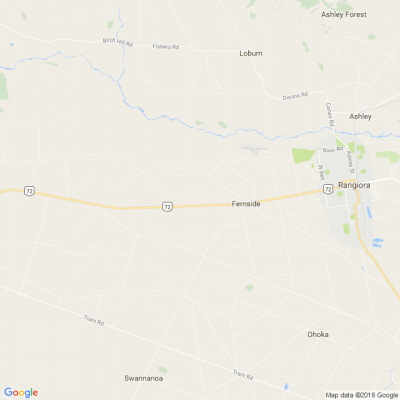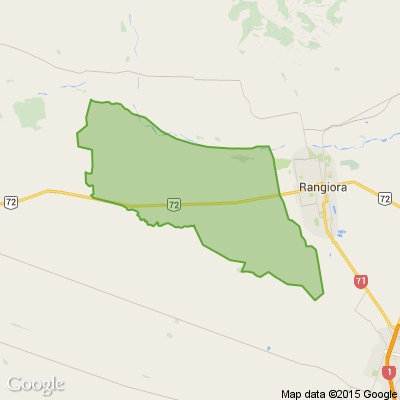Rural residents advised to test drinking water if concerned
By David Hill, Local Democracy Reporter
Rural Waimakariri residents concerned about water in private wells should get it tested by a registered laboratory, the local council says.
The Waimakariri District Council issued the advice after Greenpeace raised alarm following drinking water testing in Oxford last weekend.
Greenpeace freshwater spokesperson Will Appelbe warned of a looming public health crisis in rural Canterbury due to nitrate levels in drinking water.
‘‘Nitrate contamination is a result of diffuse pollution from the intensive dairy industry.
‘‘Put simply, there are too many cows in Canterbury, and nitrate from the oversized dairy herd is making its way into people’s drinking water.’’
But a Waimakariri District Council spokesperson urged caution.
‘‘Our advice to residents would be that if people are concerned about the water in their private wells, we suggest they get this tested by a registered laboratory so they have all factual information, as some of the last testing done by Greenpeace turned out to be inaccurate.’’
The council’s own drinking water supplies are tested monthly for nitrates in accordance with the Drinking Water Quality Assurance Rules, the spokesperson said.
‘‘The results across all council water supplies are all less than 50 percent of the maximum allowable value under the drinking water standards, this means they are all less than 5.65 mg/L.’’
Water services regulator Taumata Arowai has set the maximum allowable value for nitrate-nitrogen in drinking water at 11.3mg/L, in line with World Health Organisation guidelines.
■ LDR is local body journalism co-funded by RNZ and NZ On Air.
Best way to use leftovers?
I'm sure you've got some excess ham at home or cold roast potatoes.
What are some of your favourite ways to use leftover food from Christmas day? Share below.

Booster seat
Help family arrived but forgot there booster seat. Anyone out there we could borrow one for 9 days
⚠️ DOGS DIE IN HOT CARS. If you love them, don't leave them. ⚠️
It's a message we share time and time again, and this year, we're calling on you to help us spread that message further.
Did you know that calls to SPCA about dogs left inside hot cars made up a whopping 11% of all welfare calls last summer? This is a completely preventable issue, and one which is causing hundreds of dogs (often loved pets) to suffer.
Here are some quick facts to share with the dog owners in your life:
👉 The temperature inside a car can heat to over 50°C in less than 15 minutes.
👉 Parking in the shade and cracking windows does little to help on a warm day. Dogs rely on panting to keep cool, which they can't do in a hot car.
👉 This puts dogs at a high risk of heatstroke - a serious condition for dogs, with a mortality rate between 39%-50%.
👉 It is an offence under the Animal Welfare Act to leave a dog in a hot vehicle if they are showing signs of heat stress. You can be fined, and prosecuted.
SPCA has created downloadable resources to help you spread the message even further. Posters, a flyer, and a social media tile can be downloaded from our website here: www.spca.nz...
We encourage you to use these - and ask your local businesses to display the posters if they can. Flyers can be kept in your car and handed out as needed.
This is a community problem, and one we cannot solve alone. Help us to prevent more tragedies this summer by sharing this post.
On behalf of the animals - thank you ❤️








 Loading…
Loading…












